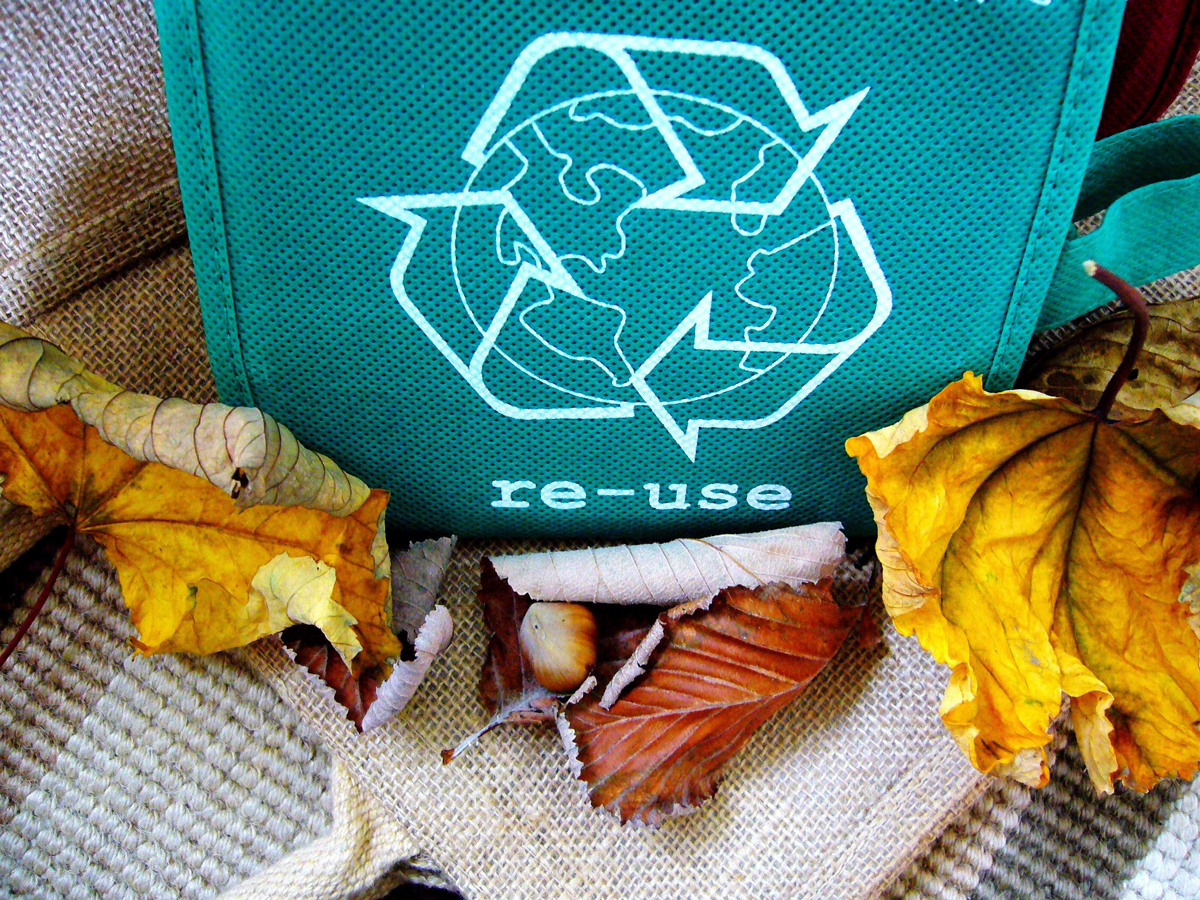Sustainability and social justice

How does sustainability relate to social justice?
We all share a need to deliver a future world that the Earth can continue to sustain and that future generations will inherit. The choices we make now will have a long-lasting impact on future generations. The impact of climate change is now undeniable and felt by everyone. It will also be felt particularly heavily by those children and young people who have done little or nothing to contribute to the climate crisis, yet will bear the full force of climate change impacts.
Those producing the most greenhouse gas emissions are often not those most heavily impacted. The welfare and even survival of many in the world depend on a reduction in consumption by the wealthiest. The most polluting 10% of households contribute nearly 12 times as much pollution as the least polluting 50% of households. Climate change does not impact everyone equally. In richer countries, it threatens health and living costs from increased heating and living costs and livelihoods. Around the world, climate change has created sudden and extreme changes in temperature, health, food security, access to water, energy, livelihoods, and sanitation.
The indigenous peoples who protect 80% of the world’s biodiversity are the most heavily impacted, facing increasing threats and risks to their lives, livelihoods, and traditional knowledge. This biodiversity is essential for maintaining the ecosystem services that maintain the planet. Within societies, the impact of climate change is felt unequally because of structural inequalities. The poor, women, developing countries and disabled people all have access to fewer resources to adapt and cope with the abrupt changes brought about by climate change.
Greater social inequality is also linked with worse pollution and human health inequalities within countries. A more equal income distribution, greater civil liberties and political rights, and higher literacy levels are strongly associated with less pollution. It seems that those without a voice or a seat at the table where decisions are being made are the ones most heavily impacted by climate change. When they are included, the solutions that arise benefit everyone.
How best can we achieve sustainability and climate justice?
Everyone needs to begin making ethical choices that minimise the resources we consume and leave the least possible impact on the planet. Individual action alone is not an effective approach to addressing collective concerns and creating systemic changes.
Traditional, expert-led change has failed, and governments cannot force people to make the necessary changes to protect themselves and the planet. This has given rise to local environmental justice movements comprising local professionals helping support a diverse group representative of their local community to facilitate the changes they want to see, from introducing electric buses to enforcing pollution laws. Perhaps it is because the disadvantaged have learned that only by working together for the benefit of everyone they can effect change.
References
Agyeman, J. (2005, July/August). Where justice and sustainability meet: Alternatives for community and environment. Environment. https://doi.org/10.3200/ENVT.47.6.10-23
BluGlacier. (n.d.). Why is sustainability important? https://bluglacier.com/why-is-sustainability-important/
Leuenberger, D. Z. (2007). Introduction – Signs of the time: Environmental sustainability, citizens, leadership, and social justice. Administrative Theory and Praxis, 29(3), 370-374. https://www.jstor.org/stable/25610874
Unilever. (2023, September 21). Why is sustainability important for business? https://www.unilever.com/news/news-search/2023/why-is-sustainability-important-for-business/ United Nations Development Programme. (2023, June 30). Climate change is a matter of justice – here’s why. https://climatepromise.undp.org/news-and-stories/climate-change-matter-justice-heres-why




Leave a Comment (note: all comments are moderated)